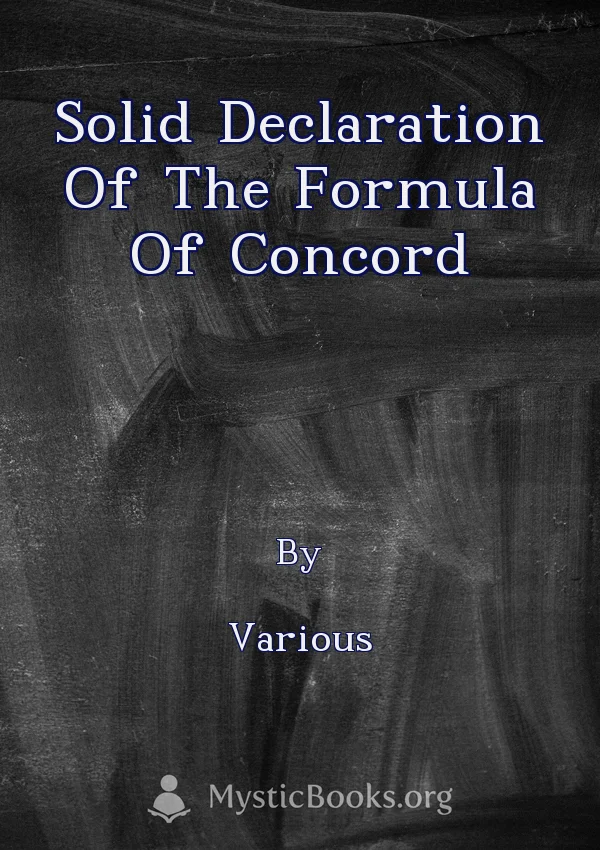
Solid Declaration of the Formula of Concord
by Various
'Solid Declaration of the Formula of Concord' Summary
The Formula of Concord was written by a group of Lutheran theologians in 1577 in response to the doctrinal controversies that had divided the Lutheran church. The Formula of Concord was intended to be a definitive statement of Lutheran doctrine, and it has been accepted as such by most Lutheran churches ever since. The Formula of Concord consists of two parts: the Epitome, which is a concise summary of Lutheran doctrine, and the Solid Declaration, which is a more detailed exposition of the Epitome. The Solid Declaration is divided into twelve articles, each of which deals with a different aspect of Lutheran theology. The articles cover topics such as the Trinity, the person and work of Christ, salvation, the sacraments, and the church. The Solid Declaration is a valuable resource for understanding Lutheran theology, and it continues to be studied and used by Lutheran theologians today.Book Details
Language
EnglishOriginal Language
Published In
Genre/Category
Tags/Keywords
Authors
Download eBooks
Listen/Download Audiobook
- Select Speed
Related books

The Faith of Our Fathers by James Gibbons
The Faith of Our Fathers: a Plain Exposition and Vindication of the Church Founded by Our Lord Jesus Christ is a book by archbishop James Gibbons whic...
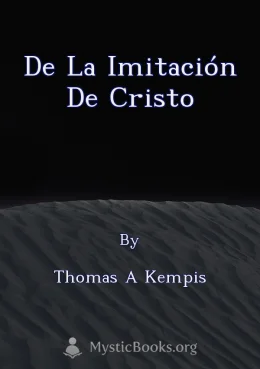
De la imitación de Cristo by Thomas a Kempis
“De la imitación de Cristo” es un clásico de la literatura cristiana que ofrece un camino hacia la perfección espiritual. A través de reflexiones sobr...
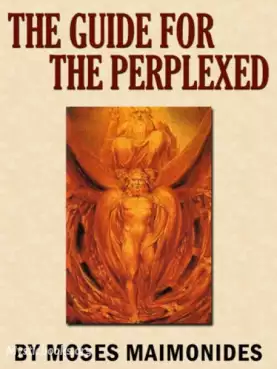
The Guide for the Perplexed, Part 1 by Moses Maimonides
The Guide for the Perplexed by Mūsá ibn Maymūn (known throughout the Christian West as Moses Maimonides) is regarded as one of the most important work...
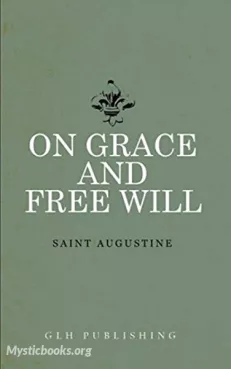
On Grace And Free Will by Saint Augustine of Hippo
It explores the complex relationship between grace and free will, two concepts that are central to Augustine's understanding of salvation and the natu...
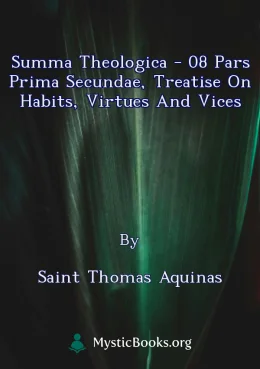
Summa Theologica - 08 Pars Prima Secundae, Treatise on Habits, Virtues and Vices by Saint Thomas Aquinas
This section of the Summa Theologica, known as 'Prima Secundae,' is a treatise on the nature of habits, virtues, and vices. It explores the developmen...
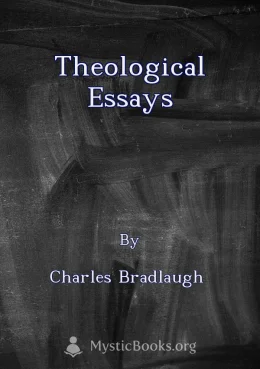
Theological Essays by Charles Bradlaugh
This collection of 23 theological essays by Charles Bradlaugh, a prominent English atheist and founder of the National Secular Society, presents his c...
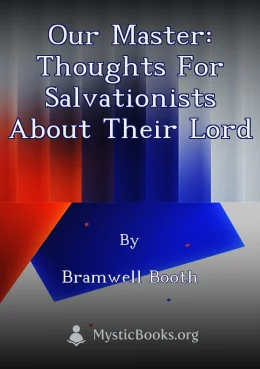
Our Master: Thoughts for Salvationists about Their Lord by Bramwell Booth
This book, written by Bramwell Booth, the son of Salvation Army founders William and Catherine Booth, offers insights into the life and character of J...
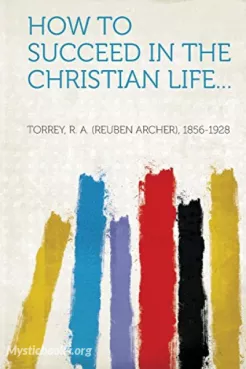
How to Succeed in the Christian Life by Reuben Archer Torrey
In this, Torrey provides practical and insightful advice on how to live a successful Christian life. He covers a wide range of topics, including praye...
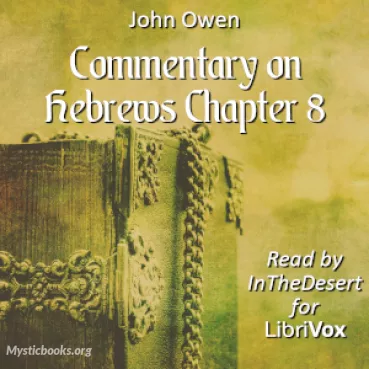
Commentary on Hebrews Chapter 8 by John Owen
Delve into the profound wisdom of John Owen as he unravels the mysteries of Hebrews Chapter 8, guiding readers on a transformative journey through bib...

The Life of God in the Soul of Man by Henry Scougal
“In many ways we are still living in the spiritual momentum that was created during the Great Awakening…and in the midst of the Great Awakening there...
Reviews for Solid Declaration of the Formula of Concord
No reviews posted or approved, yet...
